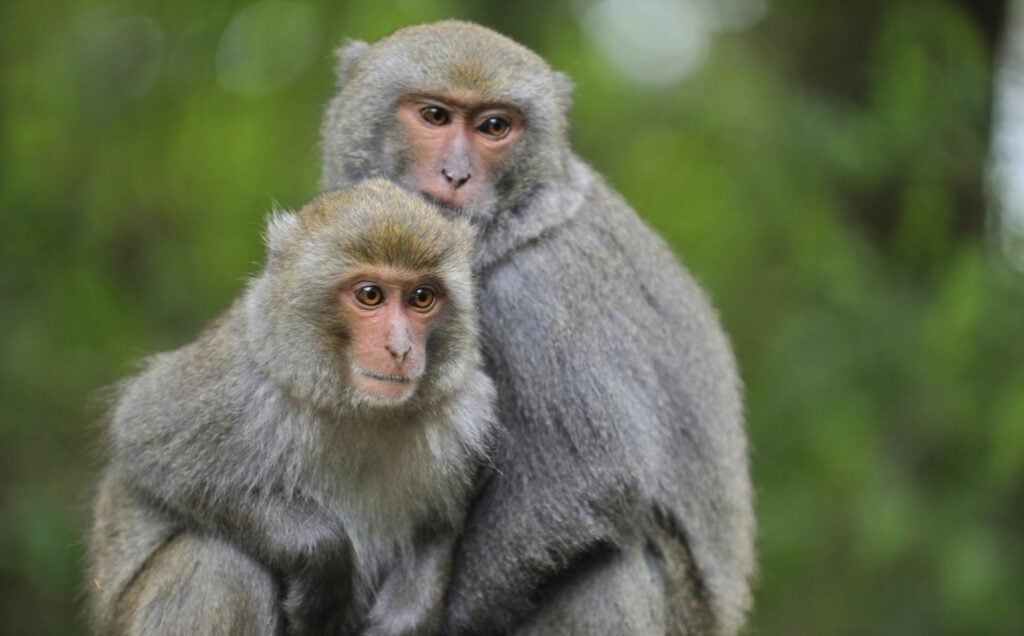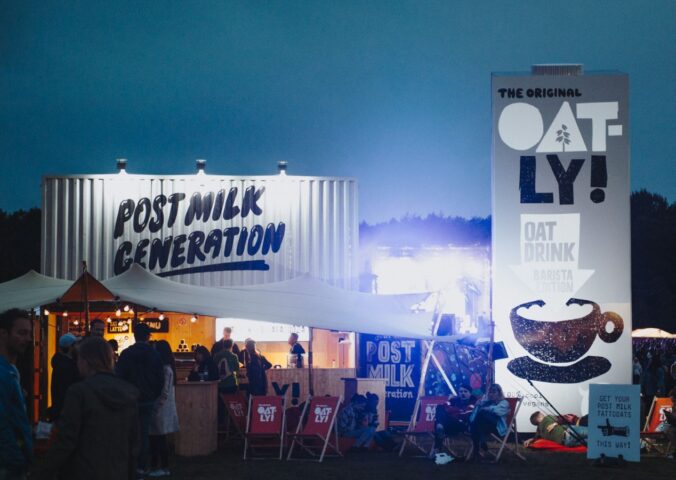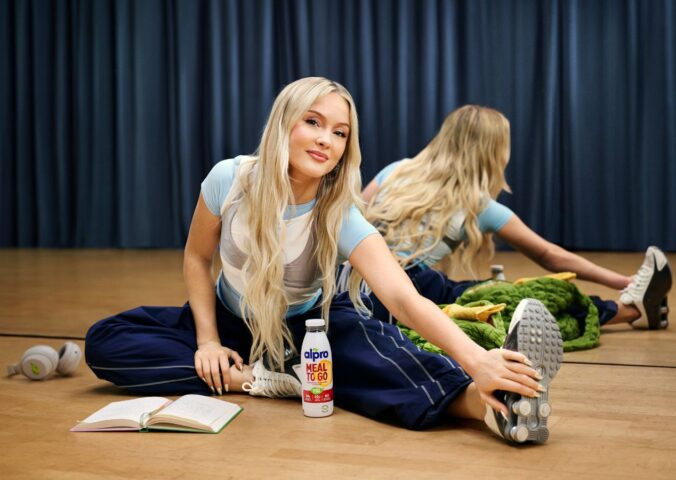The owner of a “zooquarium” in Essex has said that he may have to euthanize his animals due to the cost of living crisis.
Phillip Miller keeps tropical fish, monkeys, meerkats, and other animals at Sealife Adventure in Southend, all of whom require a great deal of resources to live.
He told ITV News that the annual cost of electricity at the establishment has tripled – from £240,000 to around £750,000. He said that it would be too costly to keep the animals if the zooquarium were closed to save money.
“All these animals have to keep warm – or cold – or a combination of both, and it’s on 24/7, seven days a week. And they have to be fed, so it’s a massive bill to maintain.”
Miller said that they’d either have to be euthanized or sent to other homes. When the interviewer pointed out that it could be hard to find homes for the animals, Miller responded: “That’s the trouble. All the other zoos are going to be in the same boat, I’d imagine.”
Zoos hit by the cost of living
Miller’s isn’t the only zoo to be impacted by the ongoing cost of living crisis in the UK.
Also this month, one Sussex zoo opened up about facing issues with rising costs. “It all comes down to their [the animals’] welfare and husbandry.” Mark Kenward, of Drusillas Wildlife Park in East Sussex, told ITV. “We have to be able to keep them at their natural temperatures to sustain their exotic bodies, otherwise they would suffer, and we just can’t compromise on welfare, we never have, we never will, and it is a huge outlay for us.”
Kenward also said that his energy bills had risen by 70 percent and that they were likely to climb even higher.
The owner of Chester Zoo, Jamie Christon, recently said that its annual energy bills look set to double from £1.5 million to £3 million. He told the iPaper, “I can’t put a woolly jumper on a Komodo dragon – I have to maintain the temperatures these animals thrive in.”
“I have large, very well-heated or very well-ventilated habitats around the zoo… Those animals and plants have to be maintained whether it is cold, hot, wet or dry.”
He added that, while some people still have money now, they are being careful with how they spend it.
“Next year they probably won’t have that money,” he continued.
Animals in unnatural environments
Campaigners have been highlighting the animal welfare costs of zoos for years, and the current situation facing them could be seen as further proof that these beings don’t belong there.
Zoo animals are forced into unnatural habitats and don’t get a say in who they live with, mate with, and how they spend their time.
They are often seen as living exhibits, rather than beings with a right to freedom, and are at the mercy of the humans who “own” them.
Many organizations consistently campaign against zoos, including Born Free, PETA, and Freedom for Animals.






